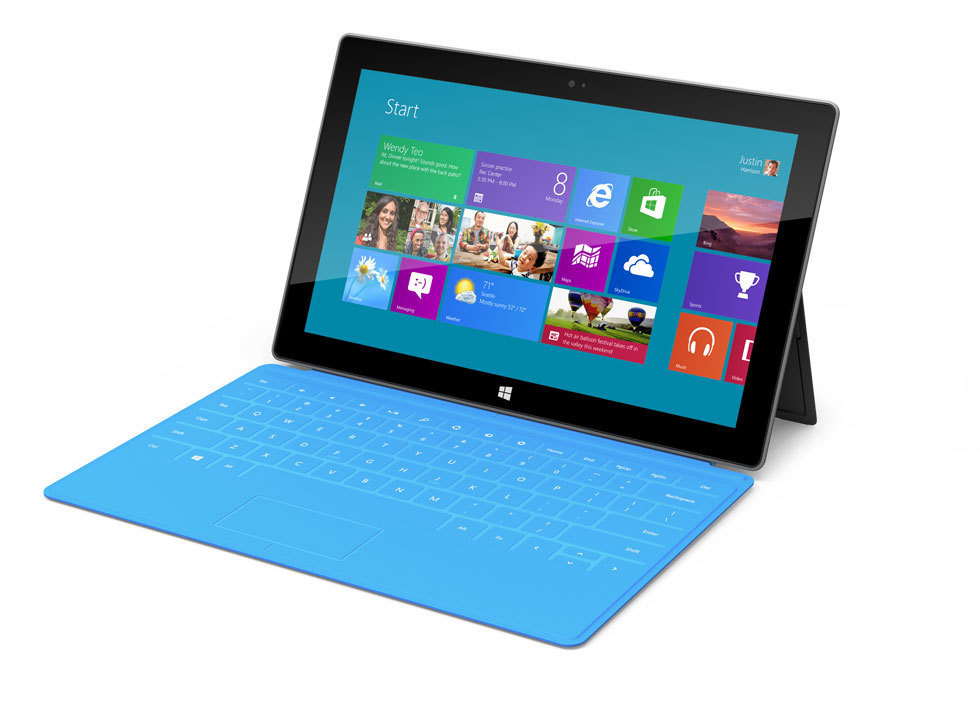Firstly lets define succeed, this doesn’t mean to become the biggest market share holder, but to take a significant chunk of the market – be a major player. This isn’t like Mac vs. PC or Betamax vs. VHS where there can only be one winner, its different this time, there is room for 3, and it’s very possible for there to be three or more major players and for the consumer it is essential that there are more than two major players to keep competition alive.
The big difference this time is that Microsoft cannot use its old tried and proven method of breaking in to market – sell it cheaper, let it run on anything and everything, and profit through volume. It worked for Microsoft with Windows, and IE, But Google has already taken this strategy and taken it to the extreme, Microsoft cannot undercut free. Microsoft has its back up against the wall.
So they need a new strategy, one similar to what they did with the Xbox which overtime, was very successful, even though it had initial problems, tough competition, and it was in a market, where the game was considered over.
A lot of people I have discussed this with, have said that its game over in these markets, and it’s too late for Microsoft to make an entrance (hopefully some of the above should distil that) but, these are new markets relatively, and the markets are far too young, and too fast changing to say that the game is over. Android is still making considerable progress against iOS in the smartphone market across the world, and the Tablet market is hardly developed and still has a lot of expansion and growth to go under. A market cannot be in a position where a winner can be declared, while there is such rapid growth and market share changes. There is all still to play for!
So what is Microsoft’s Strategy?
Firstly, they are going to try and match their competitors’ prices (maybe even slightly undercut it initially). This has to be done, to get consumers on-board.
Secondly strike at the enterprise. This will be easy for Microsoft, integration with their existing services and manageability tools means Microsoft can win this hands down, and this will expose the devices to a large number of consumers who are likely to then buy the devices at home (comfort, familiarity, etc.).
Finally and this is the key part of Microsoft’s strategy – is that Windows 8 and Windows Phone 8, offer something unique and different, to a market that is very polarised. At one end you have Apple’s completely closed ecosystem, limited or no choice in hardware, or services. At the other you have Android, where you have a multitude of devices from the very good to the absolutely terrible, where there are any number of services you can use, and a very open ecosystem.
What Microsoft is going to do is to provide a middle ground. A limited number of very good quality devices, across a number of price points. Along with a restricted set of services (this is needed to solve malware issues that android suffers from) which users can trust. They are going to try and provide the best of both worlds, choice and quality.
- Everything so far is just Microsoft’s attempt to catch up and compete. Microsoft has also provided a number of new and innovative bits of functionality (not all of these apply to both markets).
- A Unique User Interface. (Weirdly this also take a middle ground between Apples icons only – and Androids unlimited widgets, but providing something like widgets but within a consistent UI)
- True Multitasking (on the tablet, it is possible to have two apps on the screen at once)
- As mentioned previously – Cracking Enterprise Support
- A common UI across multiple devices
- A brilliant development environment, with lots of choices.
- Xbox Integration
- Office
I think all of the above means that Microsoft has a good chance of becoming a major player in these markets over time, as long as they don’t allow long periods without updates (they need to move to a yearly release cycle for Windows in my opinion), it’s far too early to rule them out!
